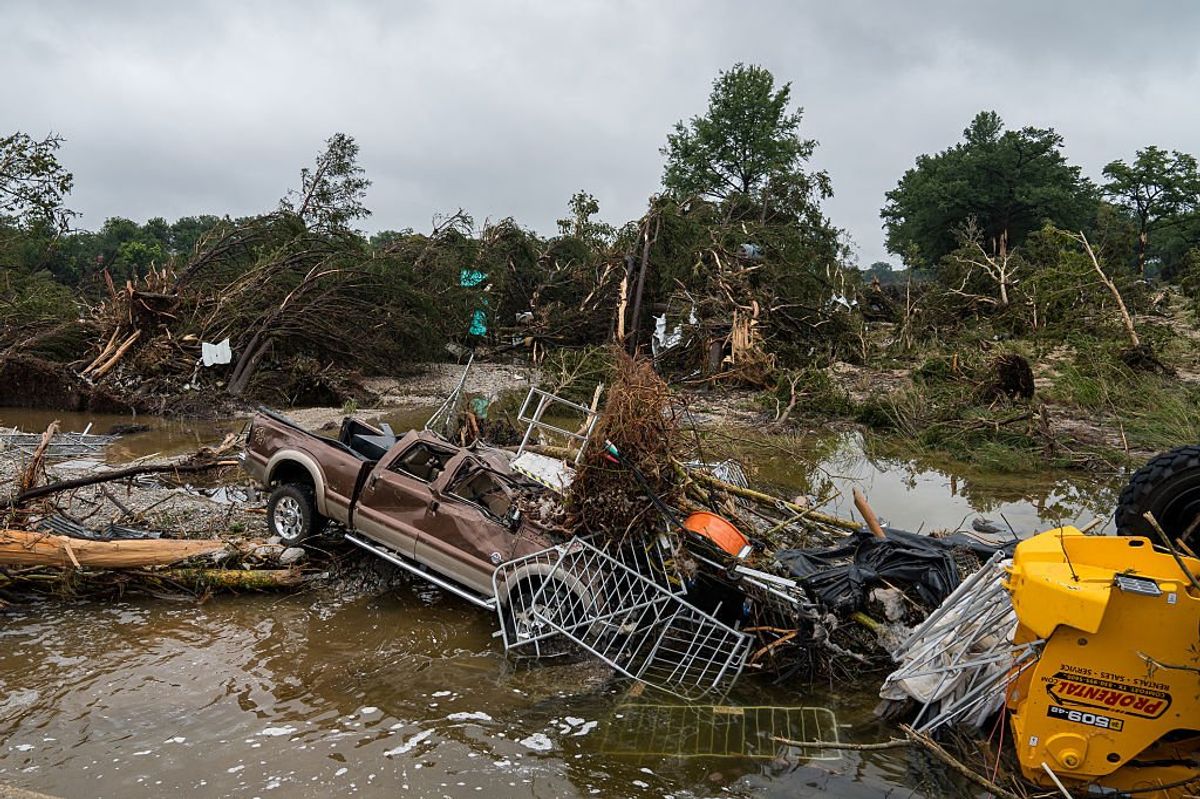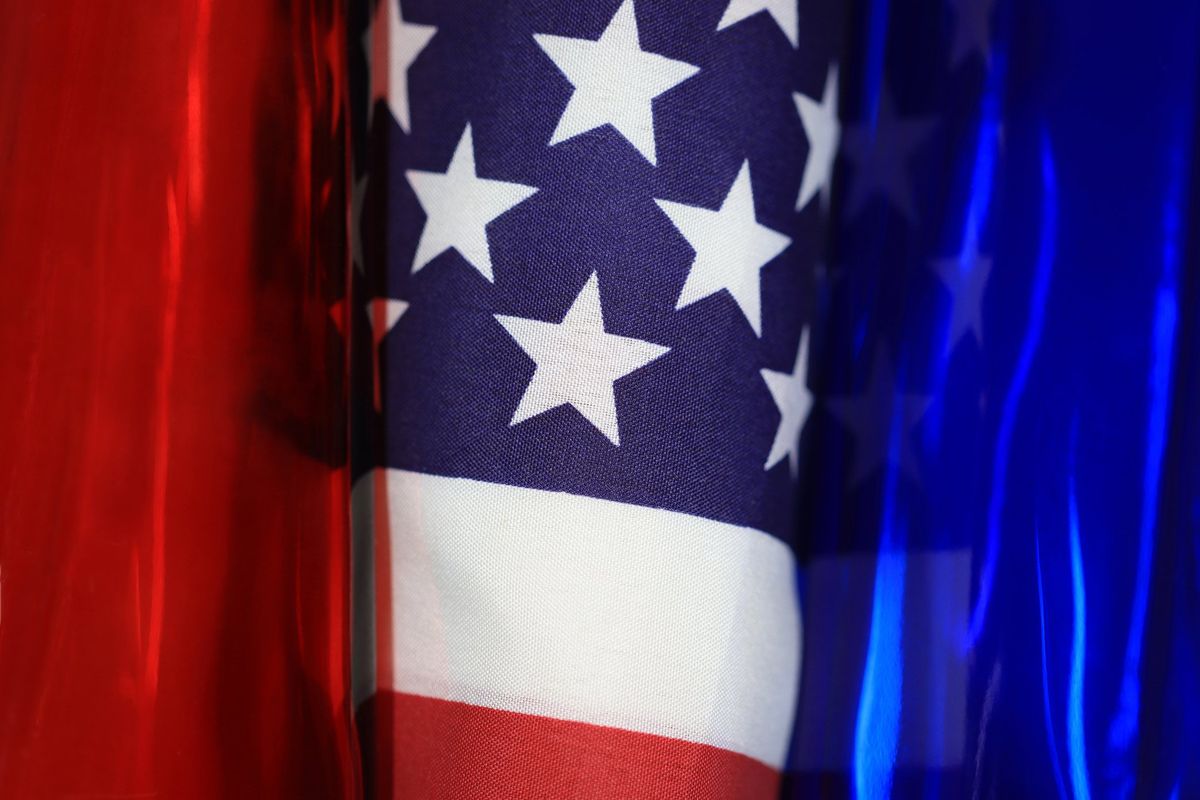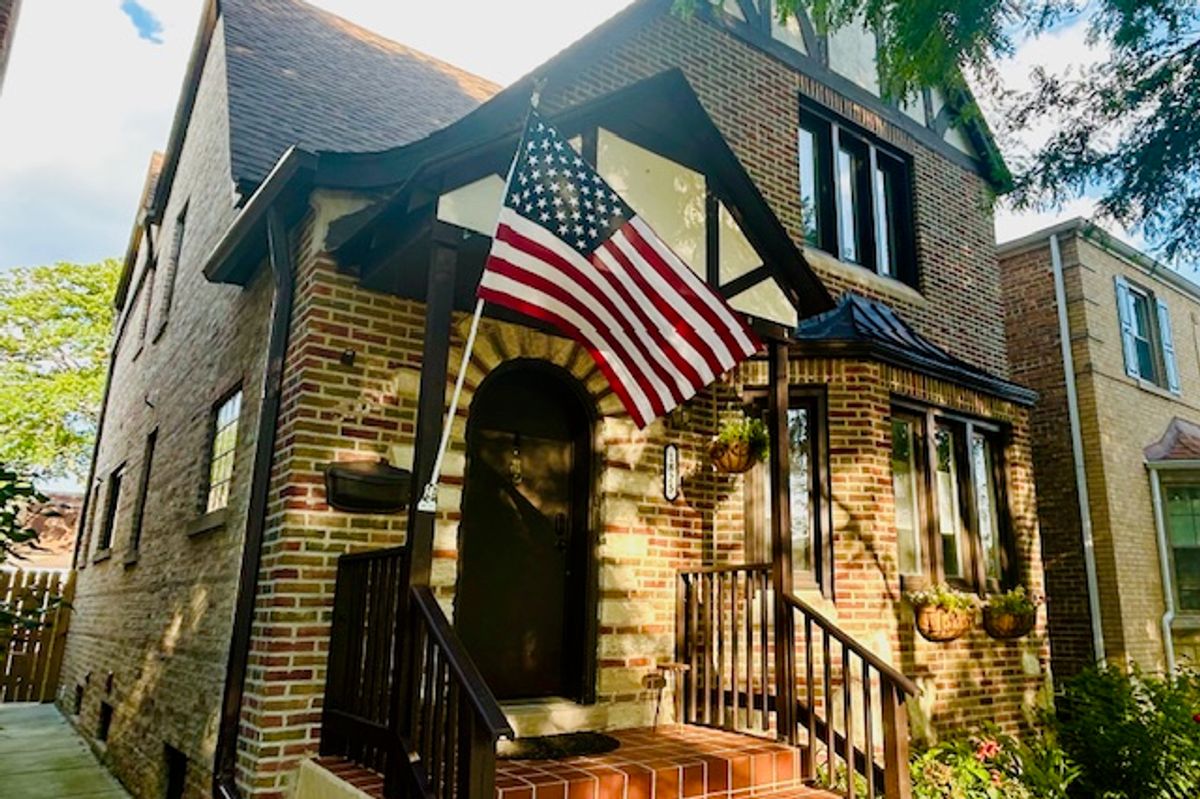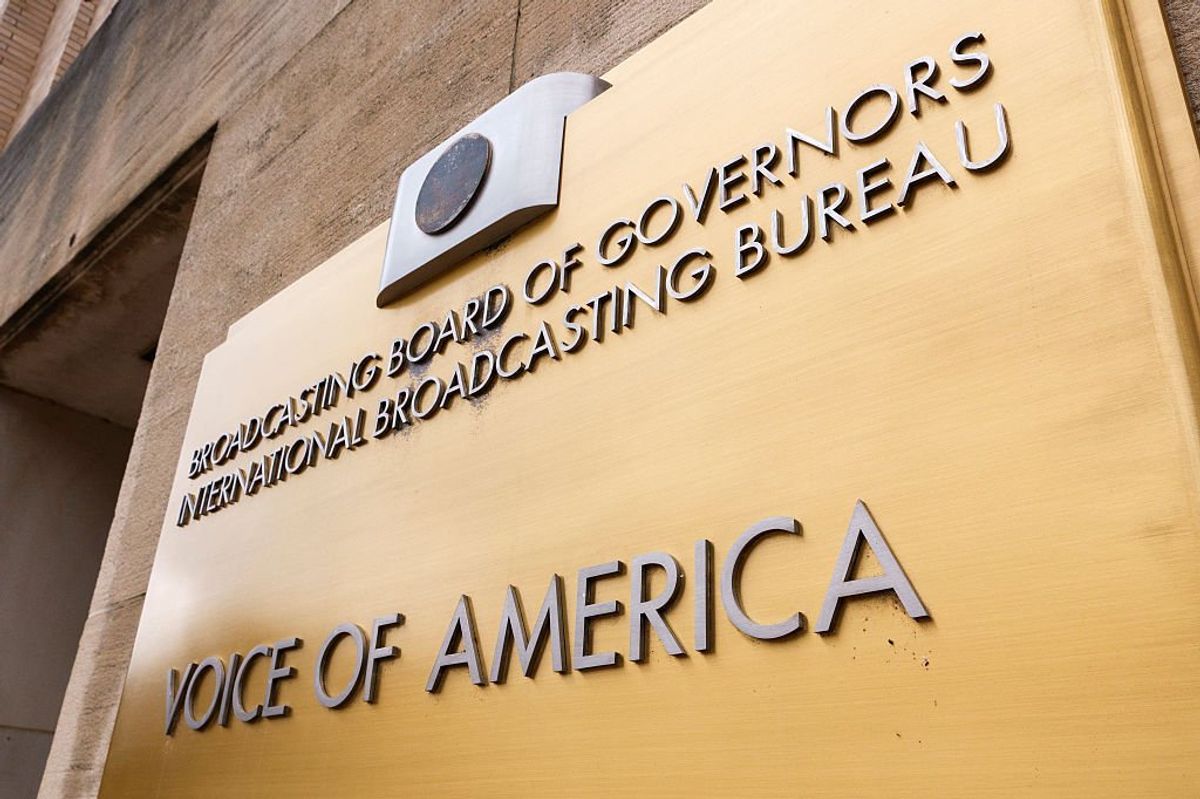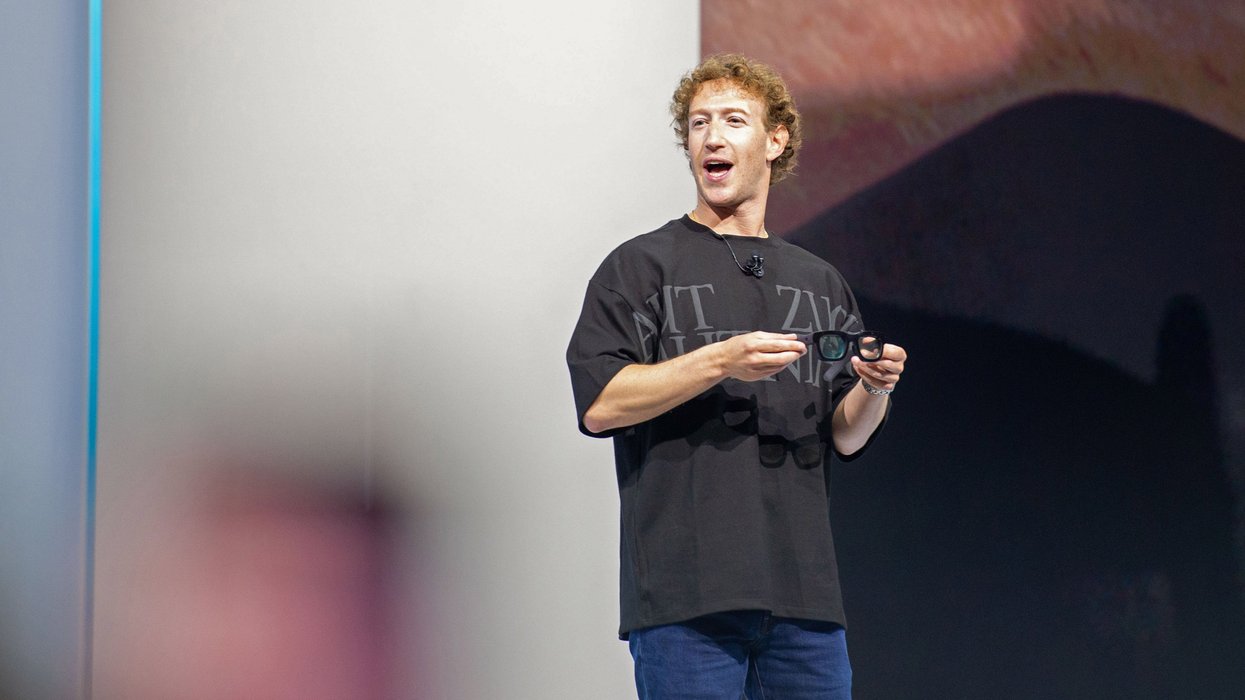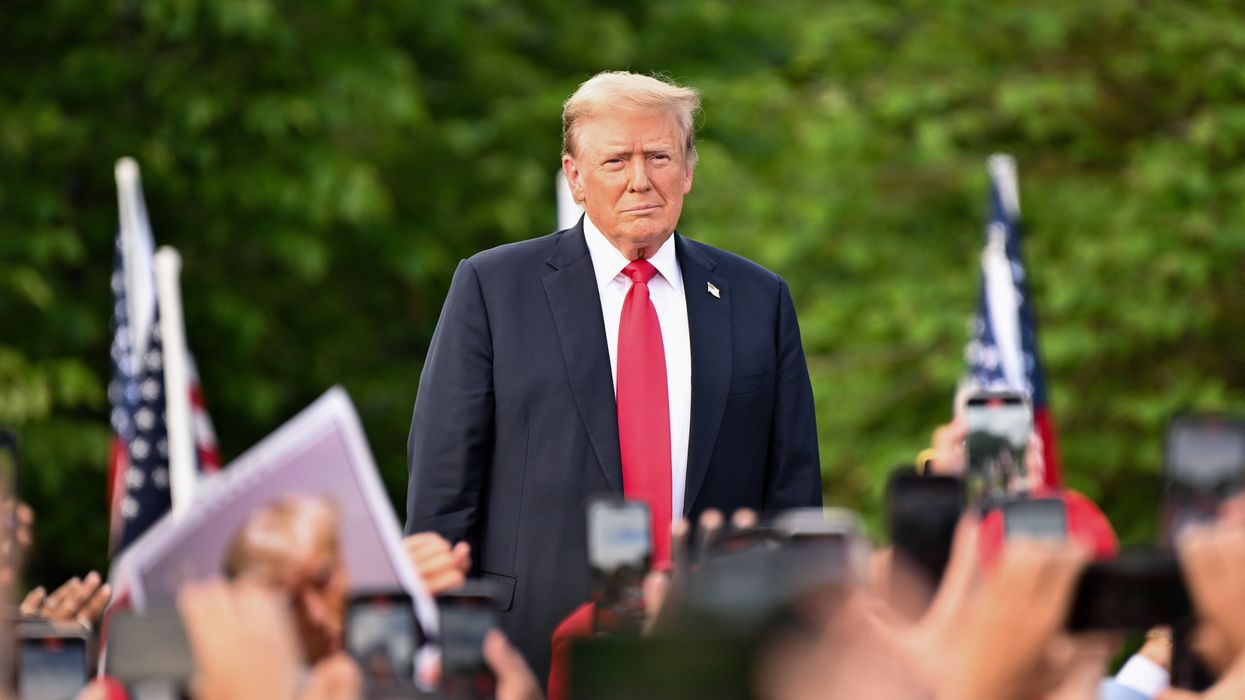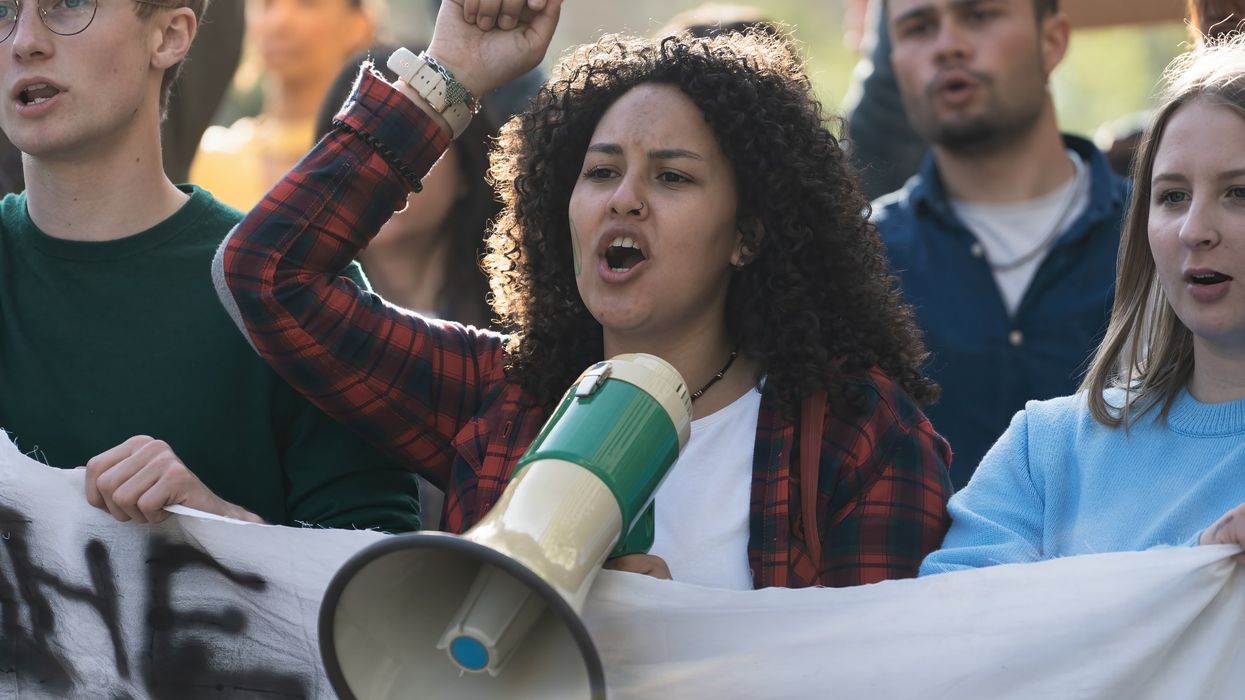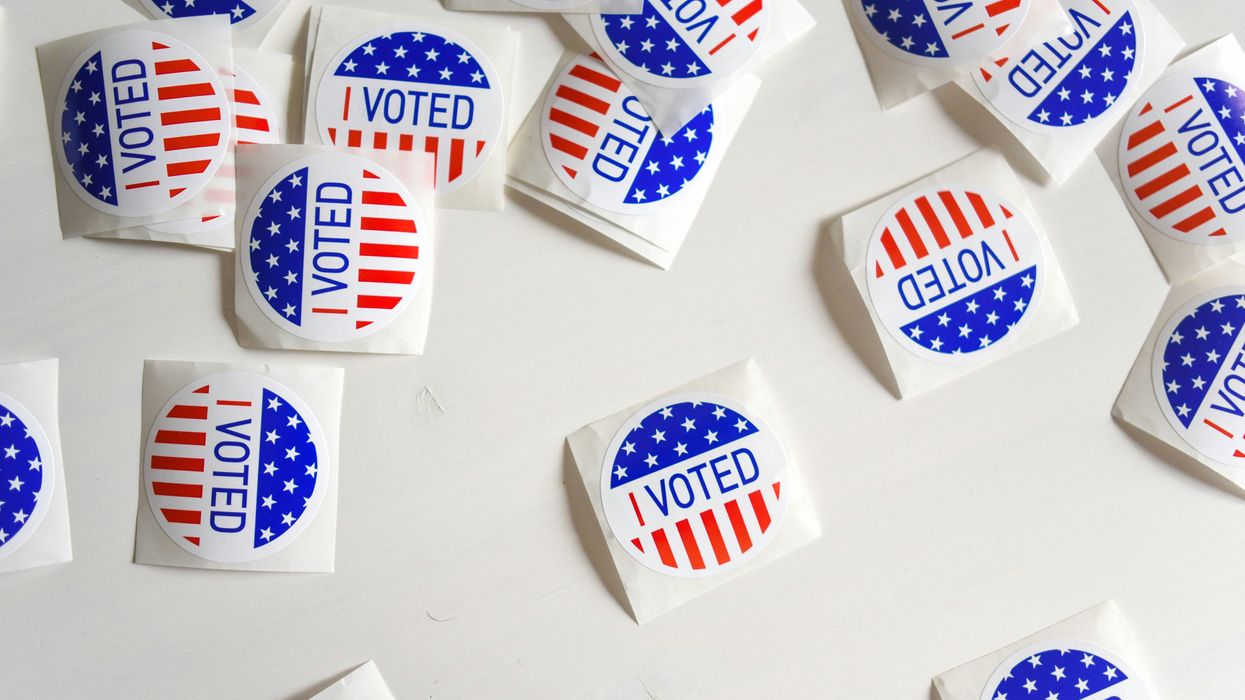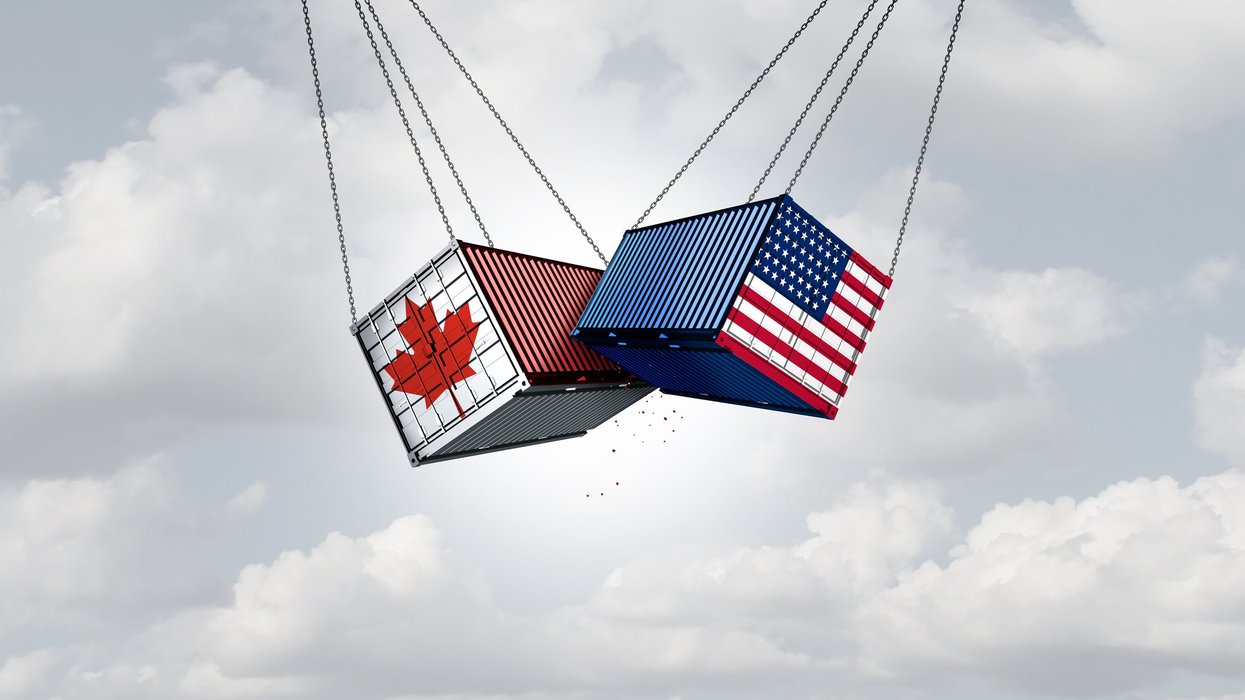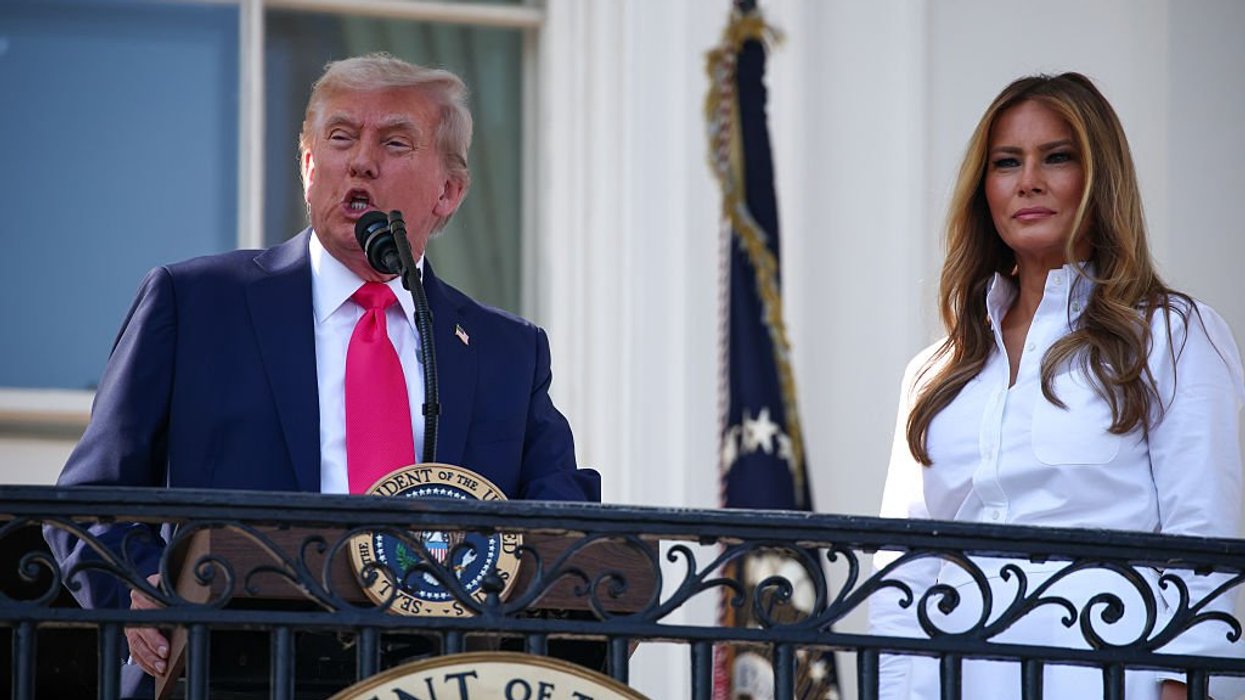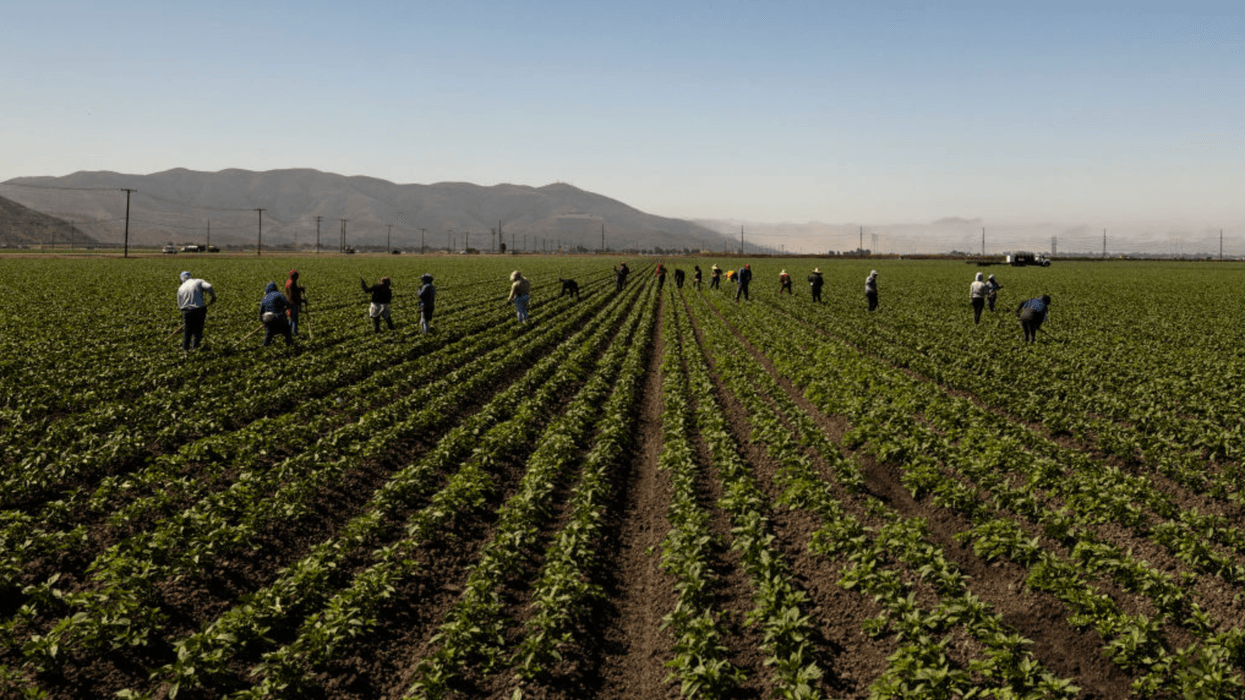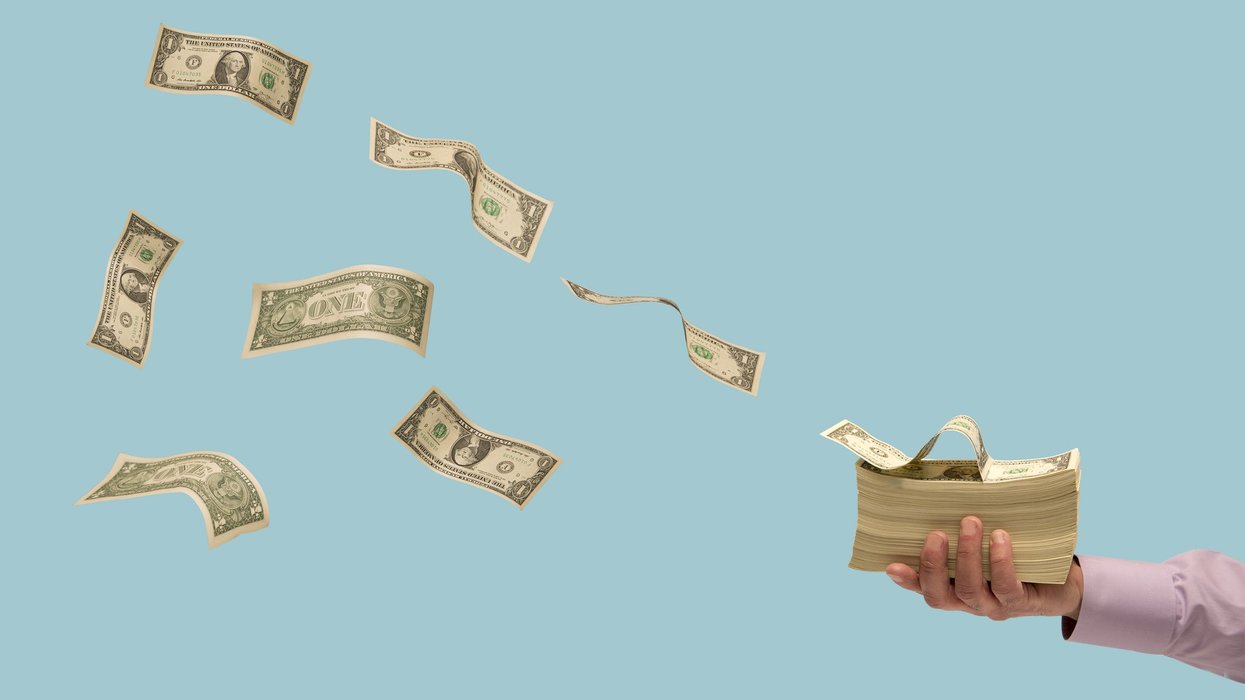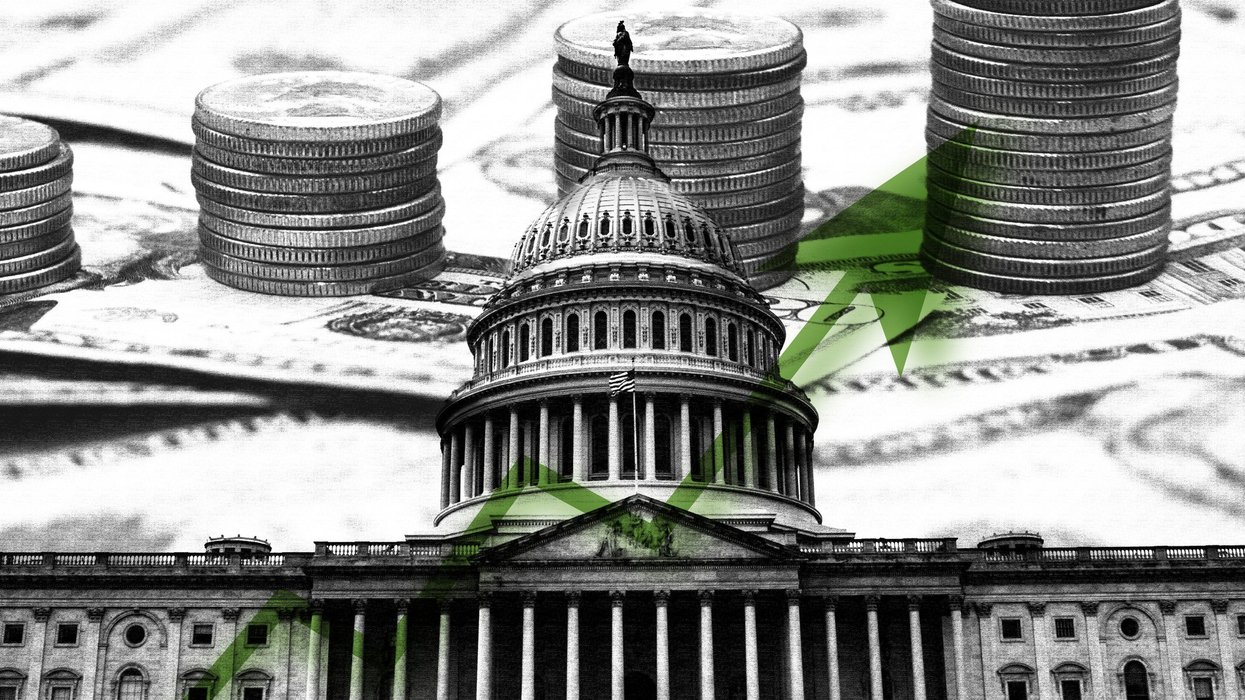Cooper is the author of “ How America Works … and Why it Doesn’t. ”
Bloomberg recently reported that Meta founder Mark Zuckerberg is now worth over $200 billion. He’s not alone. Amazon founder Jeff Bezos, Tesla founder Elon Musk, and LVMH founder Bernard Arnault are also worth north of $200 billion.
The news is a searing reminder of the uneven distribution of wealth in America. In the same country as Zuckerberg, Bezos, and Musk reside millions of people without a reliable source of food. (Arnault lives in France.) Redistributing just a small portion of the richest Americans’ wealth could alleviate tremendous human suffering.
The problem is getting worse with time. According to Forbes magazine, “In 1987, the [world’s] 140 billionaires had an aggregate net worth of $295 billion.” But now, in 2024, there are “more billionaires than ever: 2,781 in all, 141 more than last year and 26 more than the record set in 2021. They’re richer than ever, worth $14.2 trillion in aggregate, up by $2 trillion from 2023 and $1.1 trillion above the previous record, also set in 2021.”
Forbes continued: “Much of the gains come from the top 20, who added a combined $700 billion in wealth since 2023, and from the U.S., which now boasts a record 813 billionaires worth a combined $5.7 trillion.”
What could that vast wealth do? Looking globally, Oxfam International recently explained that $1.7 trillion is “enough to lift two billion people out of poverty.” So just a fraction of the wealth of a small number of people could bring billions out of poverty.
The problem, though, isn’t just the top 0.1 percent. As Pew Research notes, America’s upper class is getting richer as its middle class is getting smaller: “The growth in income in recent decades has tilted to upper-income households. At the same time, the U.S. middle class, which once comprised the clear majority of Americans, is shrinking. Thus, a greater share of the nation’s aggregate income is now going to upper-income households and the share going to middle- and lower-income households is falling. The share of American adults who live in middle-income households has decreased from 61% in 1971 to 51% in 2019.”
America’s inequality, moreover, is markedly worse than other wealthy nations. The Gini coefficient is a common measure of a country’s inequality. It uses a scale of 0 (perfect equality) to 1 (complete inequality). According to the Organization for Economic Co-operation and Development in 2017, “the Gini coefficient in the U.S. stood at 0.434.” This number “was higher than in any other of the G-7 countries, in which the Gini ranged from 0.326 in France to 0.392 in the UK, and inching closer to the level of inequality observed in India (0.495).”
There are many reasons for this inequality. Among them: technological automation, inherited wealth, lax corporate regulation, liberal trade policies, outsourced labor, insufficient taxation and broken public schools. Some inequality, of course, is also driven by individual choice (people electing to spend time on less-lucrative activities) and work ethic (some people work more than others).
And, importantly, there’s nothing necessarily wrong with people getting rich. Some amount of inequality should even be encouraged. Hard work and ingenuity should be rewarded, as wealth must be created in order to be redistributed. And high-profile business successes motivate others to innovate and take risks that improve society at large.
But an excessive amount of inequality — see Zuckerberg, Bezos and Musk — allows large-scale human suffering to go needlessly unaddressed. This isn't just unfair. As the International Monetary Fund explained, it has widespread societal consequences: “growing inequality breeds social resentment and generates political instability. It also fuels populist, protectionist, and anti-globalization sentiments.”
These problems aren't surprising or complicated. They’re obvious consequences of a deeply flawed economic system. The same nation simply shouldn’t have a few jackpot winners hoarding billions and, at the same time, tens of millions struggling to get by.
